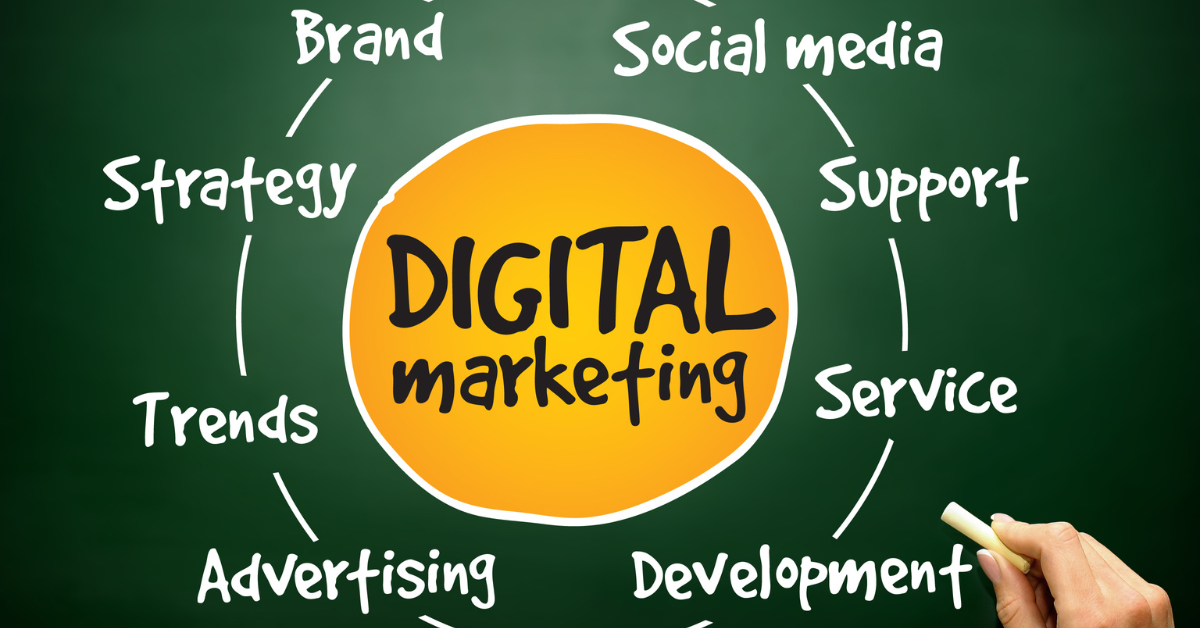
User Review
( votes)Are you a small business owner looking to make a big impact without spending too much money? It’s known that marketing is important for any business to succeed. However, traditional advertising can be expensive. But don’t worry! There are many affordable ways to market your small business and reach your target audience without spending too much money.
In this article, we’ll explore some practical and budget-friendly strategies for getting your brand noticed in today’s competitive market. Whether you’re new to entrepreneurship or an experienced business owner, these tips will help you maximize your marketing efforts without spending too much.

What You Need to Know about Small Business Marketing 101
Define Your Value Proposition
When marketing a small business, it’s important to define the value proposition. This means understanding what makes the product or service unique and valuable to the customers you’re targeting. This could be a special feature, a specific benefit, or an advantage over other options in the market. The value proposition should directly address the needs of the target market, showing how the product or service can solve a problem or meet a need.
Providing evidence or testimonials that support the value and benefits of the product or service is also important for building trust with potential customers. This could be in the form of case studies, reviews, or customer stories that show the real impact and value of the business.
Understand Your Market
Understanding your market is important for marketing your small business. Identify the demographics of your target market, like age, gender, location, and income level. Understanding your audience’s characteristics helps tailor your marketing efforts to reach and engage them. Consider the needs and challenges of your target market. What solutions are they looking for? Addressing their pain points through your product or service helps meet their needs.
Showcasing how your product or service solves their problems is also important. This involves highlighting the unique features and benefits and demonstrating how it directly addresses their concerns.
How Do I Market My Small Business With Social Media?

Choose the Right Social Media Platforms
When marketing a small business, it is important to consider several factors when choosing the right social media platforms. Small businesses should think about their target audience, the type of content they want to share, and their marketing goals.
Understanding the demographics and behaviors of their target audience will help small businesses determine which social media platforms will best reach their potential customers. For example, visual-oriented platforms like Instagram and Pinterest may be more suitable for businesses focusing on lifestyle and fashion. Meanwhile, LinkedIn may be more beneficial for B2B and professional services.
Each social media platform has its benefits and drawbacks, such as reach, engagement, and advertising opportunities. Small businesses should carefully evaluate these factors to make sure they are using the platforms that best align with their marketing objectives. They should also consider the time and resources required to manage each platform effectively.
Craft Engaging Content
Small businesses can create engaging content for social media marketing by following various strategies. One effective approach is to consistently provide valuable and relevant information to the target audience. This could involve sharing educational blog posts and creating visually appealing infographics. Understanding the needs and interests of the target market helps in creating resonating content, even on a limited budget.
Another technique is to encourage audience engagement through interactive posts like polls, quizzes, or user-generated content contests. These strategies not only enhance brand awareness but also foster a sense of community and loyalty among followers. Leveraging user-generated content can help generate authentic and relatable material without incurring high costs.
Social Media Posting Strategies
When marketing a small business, it’s important to have an effective social media posting strategy. One way to do this is by identifying the best platforms for the target audience and industry. For example, a company targeting younger people may do well on Instagram or TikTok, while business-to-business companies may focus on LinkedIn.
Creating engaging content is also important, such as using good-quality visuals, storytelling, and user-generated content. Consistency is key too, with regular posting schedules to keep the audience engaged.
Using features like hashtags, polls, and contests can also help increase engagement and reach. Finally, analyzing performance through metrics like reach, engagement, and conversions is important for optimizing the strategy.s.
Setting Up a Small Business Website on a Shoestring

Pick a Cost-effective Hosting Service
When marketing a small business, it’s important to choose affordable hosting services. Look for ones with key features and different pricing options. Compare uptime and customer support to make informed decisions. Also, check the security and backup measures to protect your website and data. These factors contribute to the success of marketing a small business.
Using Email Marketing to Connect with Customers
To connect with customers using email marketing, small businesses can employ effective strategies. These include personalization, segmentation, and targeted content. Addressing customers by their first name and tailoring emails based on their purchase history or interests creates a more personalized and engaging experience.
Segmentation allows for the categorization of customers based on demographics, behaviors, or preferences. This enables businesses to send more relevant content. Small businesses can use email marketing to build and maintain relationships with their customer base. They can do this by consistently providing valuable and informative content, offering exclusive promotions, and seeking customer feedback.
Creating impactful email marketing campaigns that resonate with customers involves key considerations. These include compelling subject lines, mobile-friendly design, and a clear call-to-action.
- Concise and compelling subject lines are more likely to capture the attention of recipients
- The mobile-friendly design ensures that all customers can easily read and engage with the email content
- Clear and effective call-to-actions encourage customers to take the desired action, whether it’s making a purchase, signing up for a webinar, or providing feedback
Creating Ads That Won’t Break the Bank
Small businesses can create ads without spending too much by using social media. These platforms reach a wide audience and allow for targeting specific demographics and interests. Creating content that can be repurposed across different mediums, like turning blog posts into infographics or videos, is also effective. Collaborating with other small businesses for cross-promotion is a creative and budget-friendly way to expand reach.
Taking advantage of local events and community gatherings can also help with exposure. These methods help small businesses market themselves effectively without incurring high advertising costs.

How to Get the Word Out with Video Content
Video content can be a great tool for marketing a small business. It can help engage with the target audience and build a personal connection. Here are some tips for making engaging videos:
- Keep it short and to the point
- Use eye-catching visuals
- Share valuable and relevant information
Also, add a call-to-action at the end to encourage sharing.
On social media, platforms like Facebook, Instagram, and LinkedIn are good for reaching a wide audience.
For a professional touch, YouTube can help businesses connect with potential customers through searchable content.
How Do I Market My Small Business Using Blogging?
To effectively market a small business using blogging, you can start by defining your target audience. Create relevant, useful content that addresses their needs and interests. Consistently update the blog with fresh and engaging posts. This helps boost the business’s online presence and attract more visitors.
Connect with potential customers by promoting products or services through blogging. Incorporate calls-to-action and links to the business’s website in the blog posts. Engage with the audience by responding to comments and encouraging social sharing of the content.
Best practices for using blogging as a marketing tool for a small business include optimizing the blog for search engines. Also, leverage social media platforms to promote the blog posts. Collaborate with other bloggers or influencers in the industry to expand reach and credibility.
Promotional Tools to Boost Your Small Business
Small business owners can use affordable promotional tools like social media ads, email marketing, and content creation to grow their businesses. Engaging content helps attract and keep loyal customers via social media. Short-term strategies such as limited-time offers, flash sales, and contests can bring immediate results. These tactics help small businesses market their offerings to a wider audience without spending a lot.
Conclusion
Marketing a small business on a budget requires smart and targeted strategies. Using social media, content marketing, and local partnerships can effectively reach potential customers without spending too much. Embracing email marketing and customer referrals can also spread the word about the business.
Additionally, leveraging search engine optimization (SEO) and attending local networking events can boost visibility and generate leads. With a well-planned approach, even small businesses can successfully market themselves without overspending.







